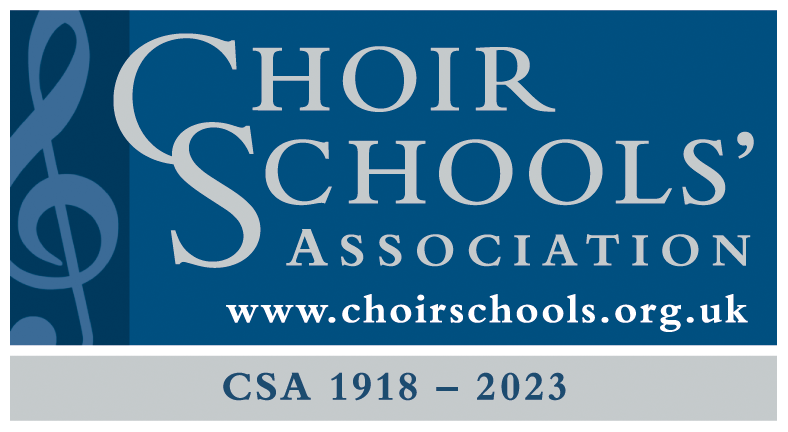The Power Paradox: Strength, Morality, and Raising Children to Lead with Integrity

The pursuit of power and the will to do good often seem at odds. History and literature are filled with figures who sought power under the guise of virtue, only to become the very force of oppression they once opposed.
Conversely, we also see leaders who truly aspire to do good but find themselves powerless against the tide of history, circumstance, or stronger forces. This paradox is one that parents of young children - particularly those in elite educational environments - must grapple with as they prepare their children to step into leadership roles in a rapidly changing world.
Power is seductive. It grants influence, security, and the ability to shape the world. But power in itself is neither good nor evil - it is the wielder who determines its moral character. All children, particularly those raised with the expectation of leadership, must be taught that seeking power for its own sake can lead to moral compromise. The most destructive historical figures - Julius Caesar, Napoleon, and even modern corporate or political leaders - were often driven by an insatiable hunger for control, cloaked in noble intentions.
As parents and teachers, we must teach our children to question their motivations for power. We should encourage them to ask themselves: “Do I seek influence to serve others, or to serve myself?” Leadership should stem from a desire to uplift, not dominate.
The flip side of the power paradox is that the will to do good is often not enough. Many well-intentioned leaders have faltered because they lacked the strength or resolve to enact real change. Good intentions without the ability to execute can lead to frustration, disillusionment, or even harm. History is littered with examples of those who wanted to help but lacked the fortitude to navigate the realities of power.
Our children must learn the lesson that goodness requires strength. A leader must be resolute in the face of adversity, willing to make difficult choices, and capable of standing firm even when pressured to compromise their values.
True leadership requires a balance of power and virtue. Our children should be encouraged to cultivate humility alongside ambition. A leader who listens, who surrounds himself with advisors who challenge them, and who remains open to growth, is more likely to wield power wisely. This is why teaching the value of self-reflection and accountability is so important. We should encourage mentorship, constructive criticism, and the ability to admit mistakes. A great leader is not infallible, but is someone who learns and adapts.
Parents and teachers must create an environment where children understand that leadership is not about control but about stewardship. Schools, particularly prep schools, have a responsibility to instil these values. We should be encouraging service-orientated leadership, emphasising ethical dilemmas in history and literature, and fostering discussions around moral responsibility which will help shape our children into adults who not only seek power, but use it for the betterment of others.
As we raise the next generation of leaders, the challenge is clear: to instil both the drive to achieve, and the wisdom to wield that achievement responsibly. By doing so, we can help them navigate the paradox of power and goodness—not as opposing forces, but as necessary counterparts in the pursuit of a just and ethical society.
Craig Cuyler
Designated Safeguarding Lead/Director of Wellbeing/Head of PSHEe








